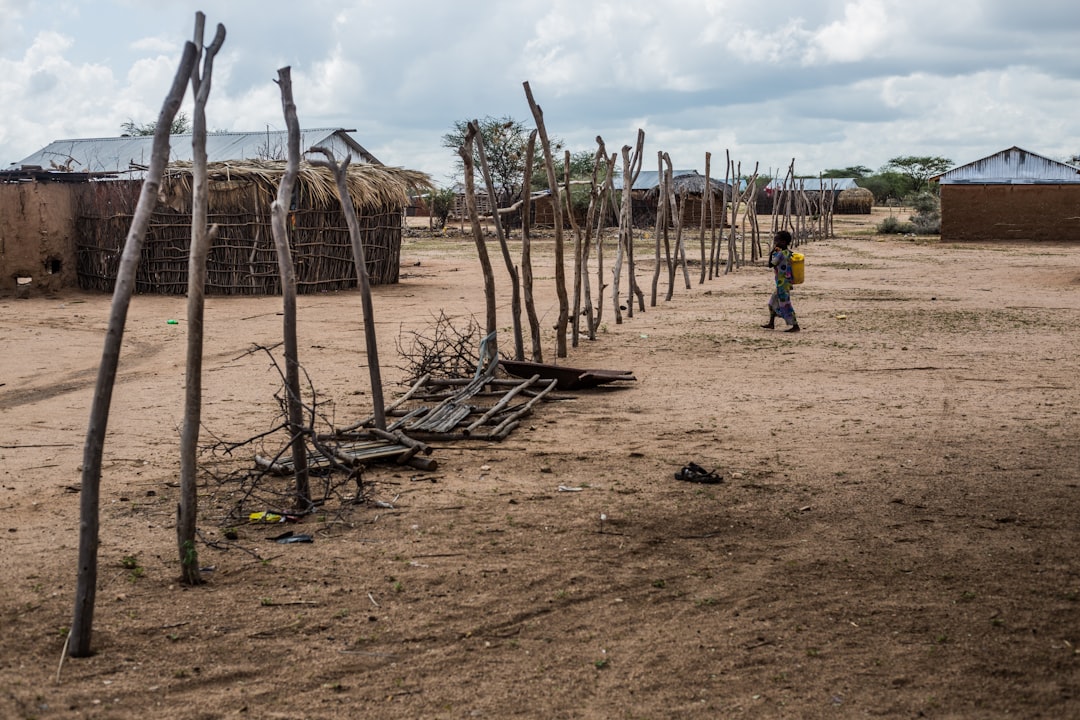What is it about?
Vaccine hesitancy is a state of uncertainty about vaccination or refusal to vaccinate. It may be different depending on the context or type of vaccine. We want to know the prevalence of vaccine hesitancy associated with the Catalan systematic childhood vaccination calendar and some related psychosocial determinants among paediatric primary care nurses in Barcelona (Spain).
Featured Image

Photo by CDC on Unsplash
Why is it important?
Most paediatric nurses had the intention to vaccinate their own children. However, almost one-third reported some kind of vaccine hesitancy, mainly related to doubts about HPV (21.9%) and varicella vaccines (17.5%), as well as some misconceptions about: the severity of whooping cough, the perception of safety of the HPV vaccine and the belief that vaccines are given too early. Nurses play an important role in the promotion of vaccines in paediatrics, and their concerns should be addressed.
Perspectives
It was a pleasure and very satisfying to write this paper together with the whole team. I consider this work to be of great value as a starting point to address vaccine hesitancy in the specific setting of Barcelona but it can also encourage other teams in other contexts. Resolving the doubts of health professionals in charge of the promotion and administration of childhood vaccines and providing up-to-date and accurate health education is relevant to promote quality health services and to maintain adequate vaccination coverage. I hope you find this article thought-provoking.
Usue Elizondo
Instituto de Recerca del Hospital Sant Pau
Read the Original
This page is a summary of: Vaccine hesitancy among paediatric nurses: Prevalence and associated factors, PLoS ONE, May 2021, PLOS,
DOI: 10.1371/journal.pone.0251735.
You can read the full text:
Contributors
The following have contributed to this page










